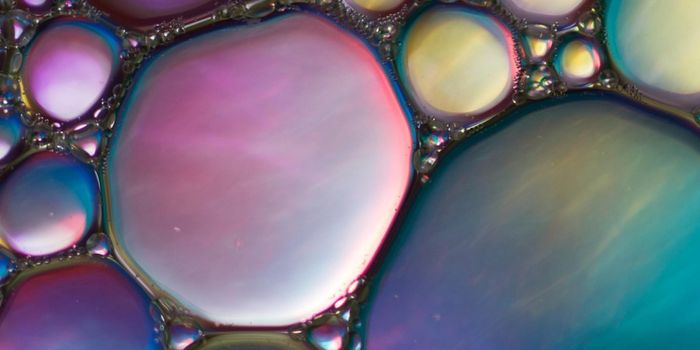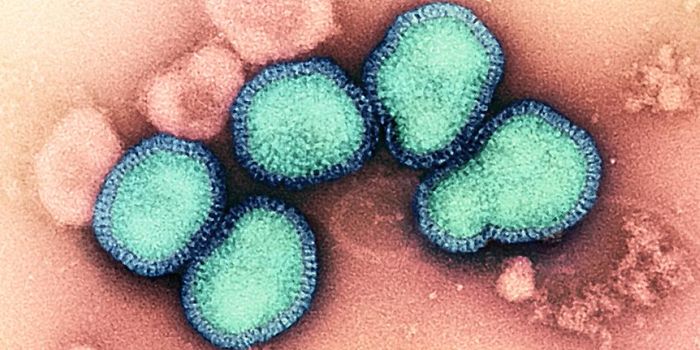Gene Silencing Therapy Stops the Itch of Psoriasis
A team of Harvard researchers has identified a promising new approach for treating psoriasis — a topical lotion containing nucleic acids that transiently disrupt inflammatory gene activity. This ionic liquid (IL) contains small interfering RNA, or siRNA, which when used in an experimental mouse model of the itchy skin disease, drastically reduced the levels of inflammation-causing cytokines and soothed symptoms. All this without any observable systemic side effects. This breakthrough has been published in the journal Science Advances.
The study’s first author, Abhirup Mandal, believes that IL therapy is transformative in the field of dermatological disorders such as psoriasis, saying “Compared to other technologies that have demonstrated delivery of nucleic acids to the skin, our IL platform offers unique opportunities in terms of tunability, an excellent safety profile, and economical scale-up.”
In psoriasis, skin cells multiply at an abnormally accelerated rate, up to 10 times faster than normal. The result is inflamed red patches and scaly, dry skin that tends to flare up around the scalp, elbows, knees, and lower back. Over 125 million around the world suffer from the chronic irritation of psoriasis and treatment options are limited.
The active ingredient in the treatment developed by Mandal and colleagues is synthetic siRNA. These double-stranded RNA molecules can temporarily suppress the activity of a target gene, making them a prime candidate for treating disease without having to permanently alter the genetic information stored in cells. The challenge is that the chemical properties of therapeutic RNAs hinder their ability to pass through cell membranes. To overcome this hurdle, the team used an ionic liquid delivery vehicle, which transports the siRNA molecules directly into the cells underlying the waterproof barrier.
When applied to the skin of mice with psoriasis, the scaly patches, redness, itching, and thickening of the epidermis were all significantly reduced. The scientists demonstrated for the first time how siRNAs in IL can be used for topical therapies, silencing genes that exacerbate the effects of psoriasis.
“Many of the innovations that biologists have been using in research for years have significant clinical potential, but most haven’t achieved it because of fundamental limiting factors such as, in this case, the barrier posed by the skin,” said co-author and Founding Director of Harvard’s Wyss Institute, Donald Ingber.
“This creative solution to this drug delivery problem holds great promise for enabling a new class of effective treatments that are long overdue.”
Sources: The Harvard Gazette, Science Advances.









